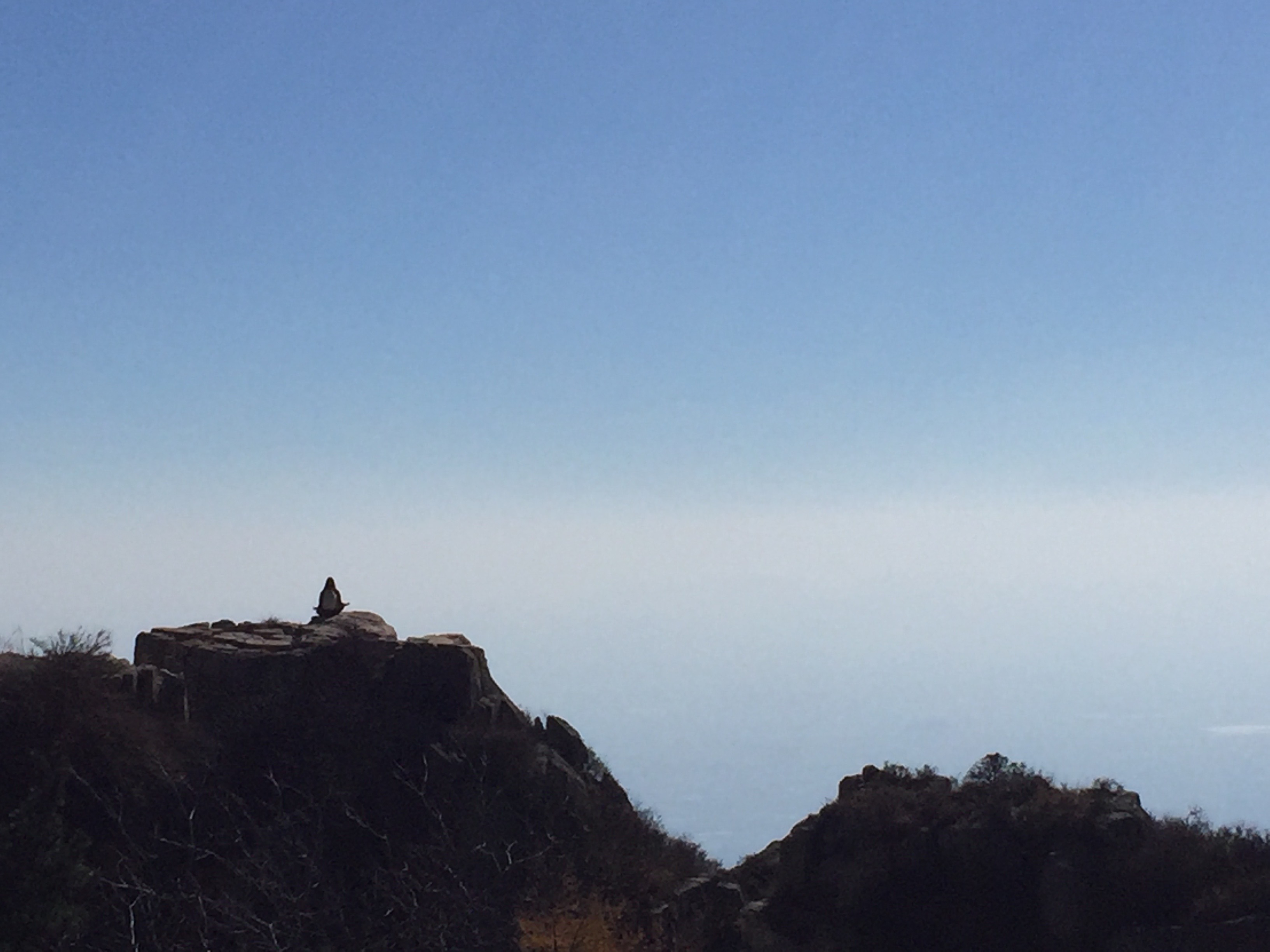Famous Chinese philosopher Confucius has always emphasized the importance of 复习– the Chinese word for reviewing freshly acquired knowledge.
Confucius
Since day 1 of my classes at PKU, our Chinese teachers have taught us to repeat and review previously acquired knowledge to refresh our memory and transform new words from passive knowledge into active vocabulary. In the beginning, I found this different approach to learning a language rather something to adjust to, however, after almost completing an entire semester of intensive Chinese classes in China, I have come to truly appreciate the importance of 复习(fùxí).
In fact, when learning Chinese characters, continuous reviewing is key to remembering the Chinese characters on the long term – 汉字(hànzì). I found that I have to review most of the newly learned characters at least three to four times over the span of two days to thoroughly remember them. However, as time passes by your ability to memorize characters will drastically improve. For instance, the first week of learning characters in September was a complete nightmare, it took me two to three hours to memorize about fifteen characters – ain’t nobody got time for that.
By now, I am happy to report that the memorization of my Chinese character class vocabulary set for our daily dictation (about 10-15 new characters) can be completed in less than fifteen minutes. Obviously, next semester in the Intermediate II class, I will definitely need more time to memorize more difficult and generally higher amounts of characters for the daily dictation – challenge accepted.
Confucius
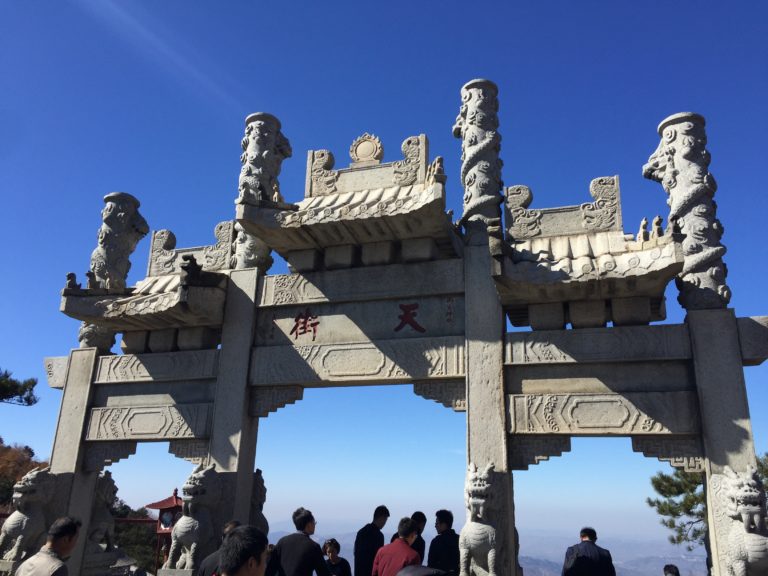
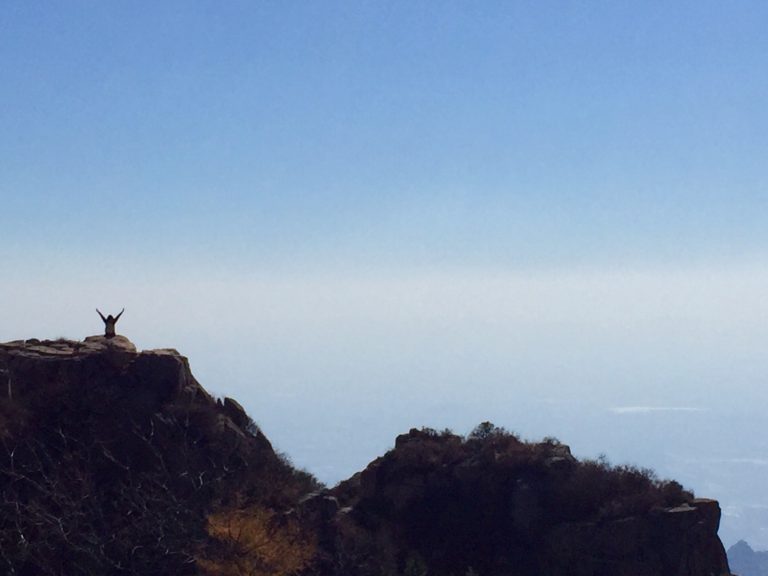

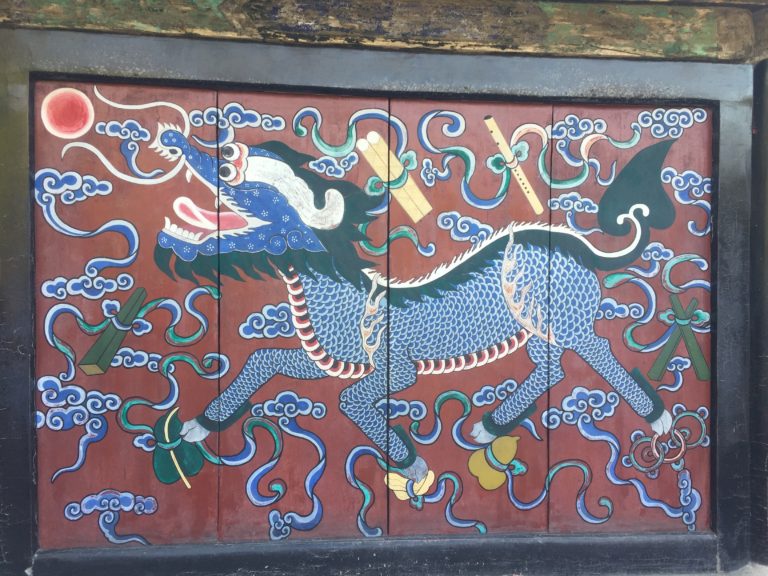

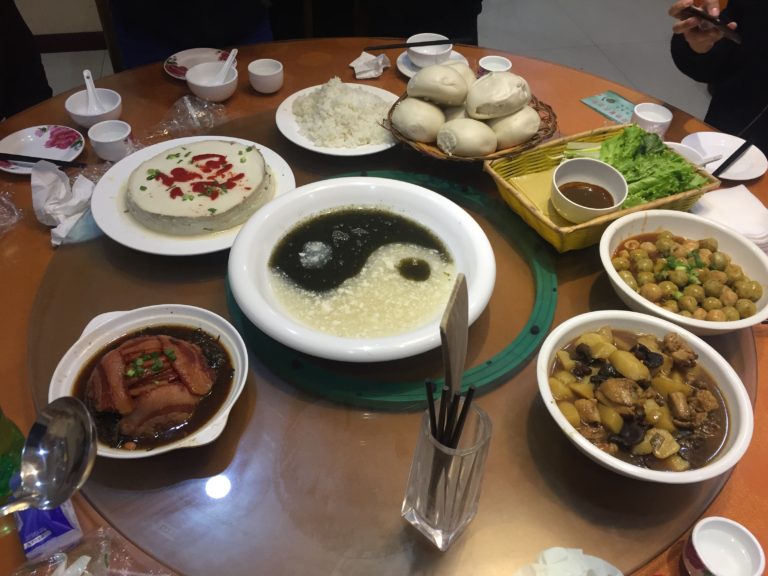
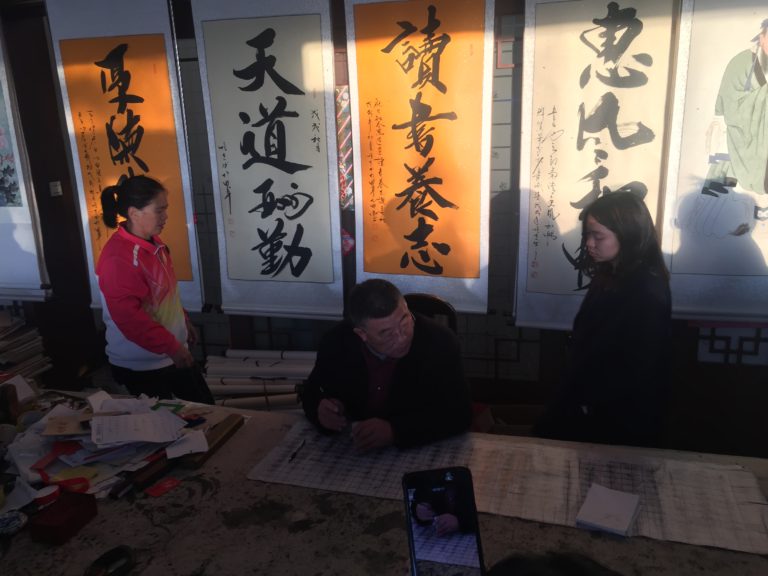
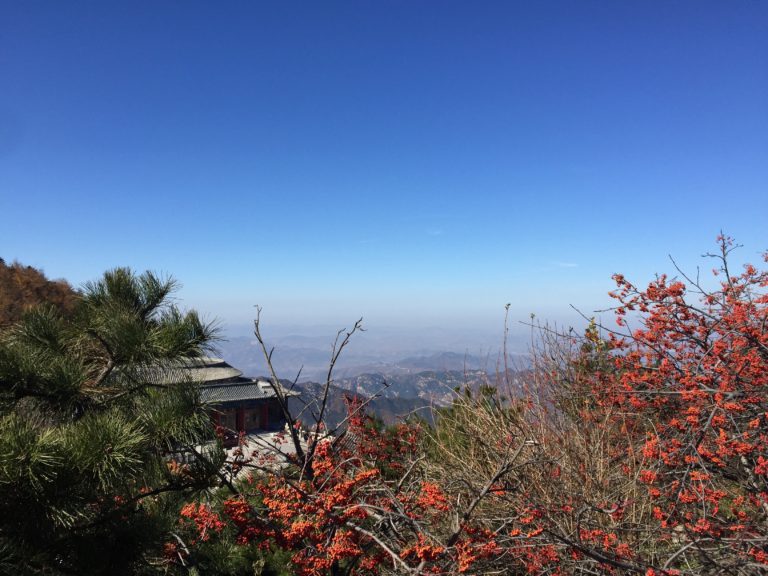
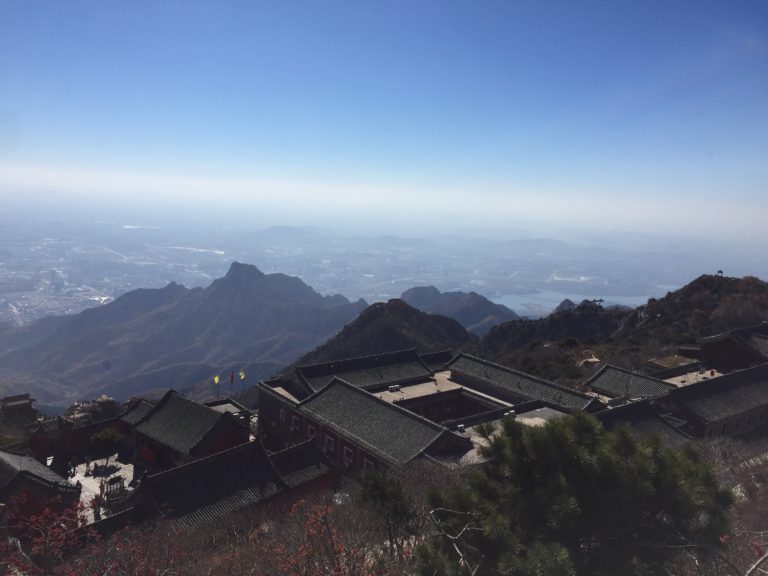
Fitting the Confucius theme of this blog post, I happened to have travelled to his hometown in 山东 province in October. This PKU-organized trip was fantastic and I had an amazing time discovering the 三孔Confucius heritage in 曲阜(qūfù). We visited the Confucius temple孔庙, the astounding family cemetery孔林with more than 3.600 standing tombstones, as well as the family mansion孔府.
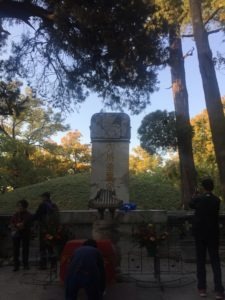
After managing to visit all three sites in one day thanks to our wonderfully organized tour guide, we ended our trip with climbing mountain Tai泰山, the number one praying-for-good-grades-holiday-destination and also one of the five famous holy mountains in China.
Short disclaimer: while the reader ought to take the former sentence with a pinch of humour, the pressure of the Chinese education system on its diligent students should of course not be taken lightly and my humourous note is by no means intended to challenge that.
Continuing with the experiences in Confucius’ hometown, the most memorable part was our climb to the top of泰山– mountain Tai which is also known for its sunrise standing for birth and renewal.
Acquire new knowledge whilst thinking over the old, and you may become a teacher of others.
Due to its infamous steep 7200 step-long uphill path, visitors are incredibly happy once they reach the mountain top and celebrate their success by completing their journey with worshipping in the Confucius temple, visiting one of the many cultural relics that have previously inspired many philosophers and writers and by having a meal in one of the many restaurants, enjoying the spectacular view from the Jade Emperor Peak.
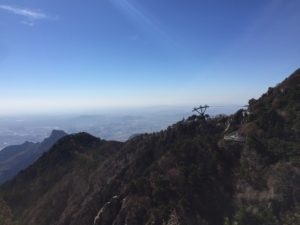
The special atmosphere on top of mountain Tai has also inspired me to do continue doing my best in furthering my Chinese studies and of course, according to Confucius, review my previously learned knowledge.
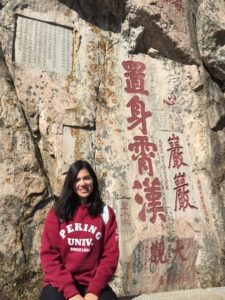
Next week’s blog post will be covering Chinese conversation basics and my “getting lost on a class trip experience” at the botanical garden. Stay tuned until next week back on Curious Seikatsu ~ 下次见 [xià cì jiàn]!
In the meantime, don’t forget to have a look at the CS Instagram to the right for getting a preview most recent experiences in Beijing!
